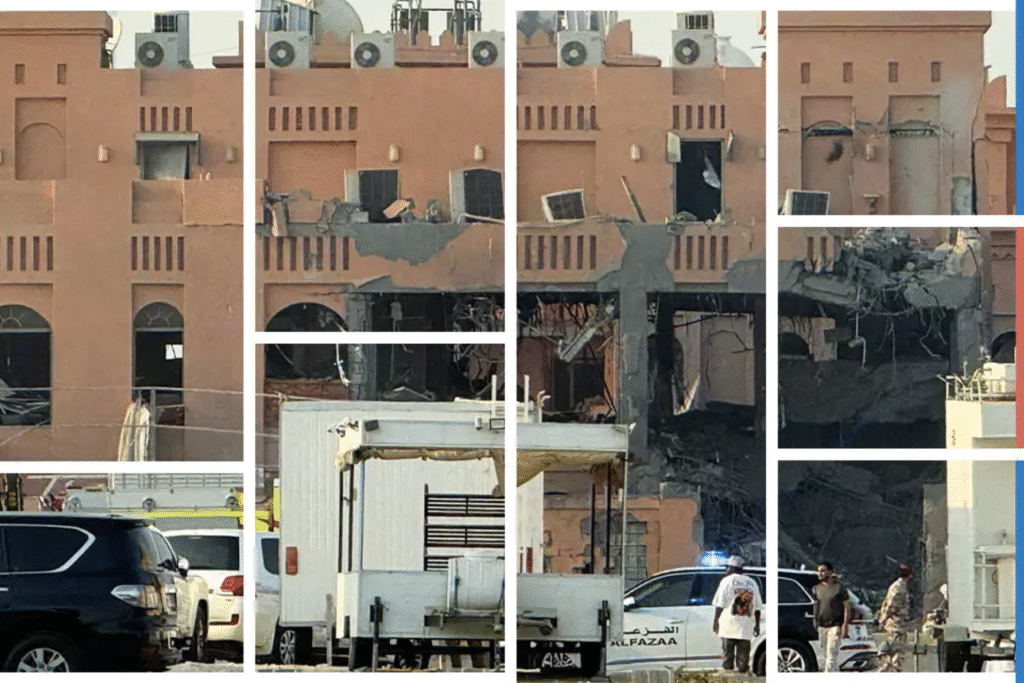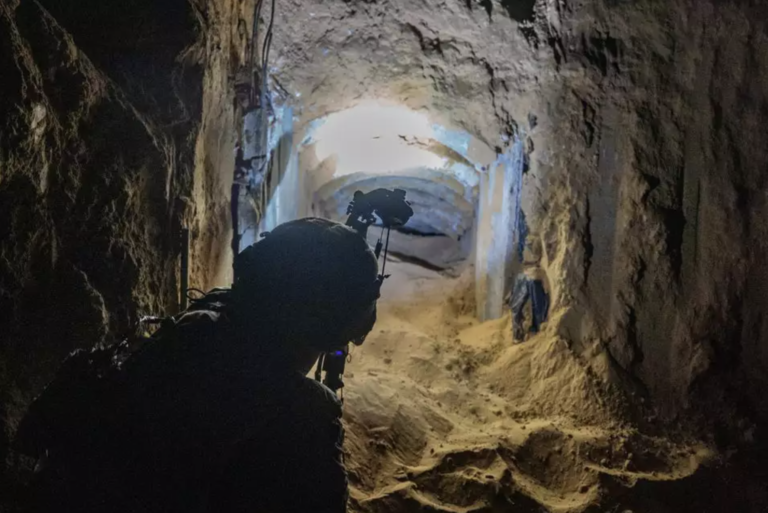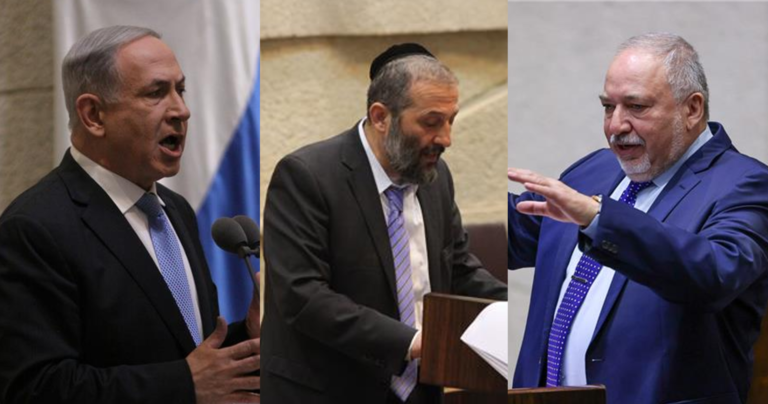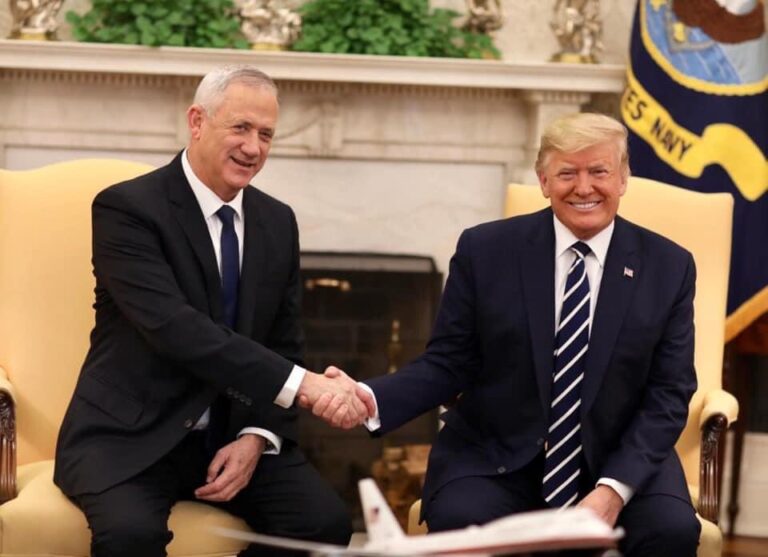The Arab diplomat walked through the corridors of Washington’s MEAD conference just as the news came in about the assassination attempt in Qatar. What’s your reaction, he was asked. “This is very serious,” he replied. But a wide grin spread across his face. “Very serious,” he repeated, still smiling.
This very week last year, the same forum convened in Washington, and the difference between the two is instructive. Last year, it was a week since the murder of the six hostages in Gaza, and a week before Israel’s pager operation against Hezbollah.
At the time, Israel looked like a battered truck that had entered a one-way street against the traffic, with no way out. On the conference stage, the Biden administration justified the partial arms embargo, while then-envoy Amos Hochstein explained that Israel had nothing to gain — and only what to lose — from war with Hezbollah. Iran, meanwhile, was racing toward nuclear capabilities.
A year later, senior Trump officials explained on stage why they would back Israel — almost at any cost. The new president’s envoy, Tom Barrack, predicted imminent Israeli-Lebanese normalization, and spoke of the dismantling of Hezbollah in a matter of months.
Last year, Israel was the punching bag of the Middle East. Now the perception is that it is the neighborhood bully that needs restraint. The Jewish state’s neighbors, meanwhile, did not exactly mourn the slap Qatar received, but they fear nevertheless that Israel is overstepping its bounds.
In April, Strategic Affairs Minister Ron Dermer said that within a year the war would already be over, and normalization agreements would be signed with various states in the region. That forecast has not changed — in fact, it has apparently become more optimistic. Dermer now believes the war can be over with by the end of 2025.
Indeed, the assassination attempt in Doha was meant to achieve just that. The hope was that the killing there would do to Hamas what Hassan Nasrallah’s assassination did to Hezbollah — removing those opposing a ceasefire from the picture. The very fact that Donald Trump’s Gaza proposal is being seriously discussed within the terror organization’s leadership shows their deep concern.
A senior source once suggested to me that hostages for Hamas are like nuclear weapons for a threatened state — their number can be reduced, but there will always be at least one for survival. Perhaps the analogy was not entirely accurate. If Hamas is convinced that Israel will enter Gaza City, and that entry into the city means Hamas’ defeat, it may release the living hostages to prevent its total destruction. The people who opposed that vocally were supposed to be in the Red House in Qatar.
The above is an excerpt from my Shabbat column in Israel Hayom. You can read it on Israel Hayom’s website here.









